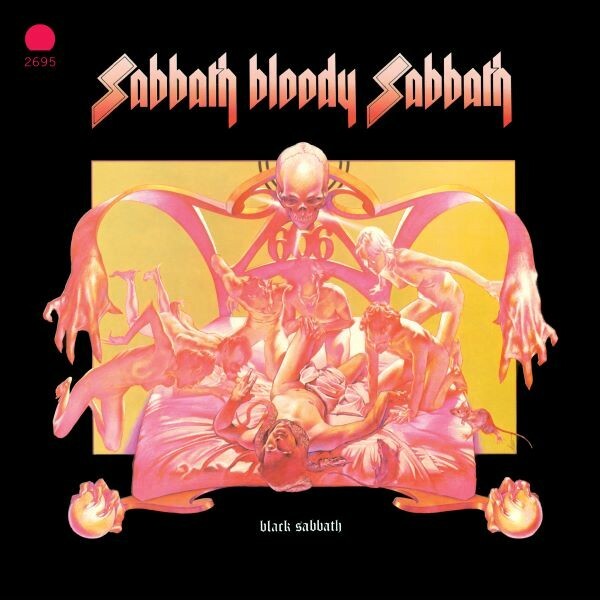
Introduction
Formed in 1968 in Birmingham, England, Black Sabbath is widely regarded as one of the most influential heavy metal bands in music history. Known for their dark themes, heavy guitar riffs, and Ozzy Osbourne’s haunting vocals, they have profoundly shaped the rock genre and inspired countless musicians across generations. As we examine their legacy, it becomes clear why Black Sabbath continues to resonate with audiences today.
The Evolution of Black Sabbath
Black Sabbath originated from a blues band called Earth, which included guitarist Tony Iommi, bassist Geezer Butler, drummer Bill Ward, and vocalist Ozzy Osbourne. They released their eponymous debut album in 1970, which featured classic tracks like “Black Sabbath” and “The Wizard.” This album set a benchmark for what heavy metal would become, introducing themes of darkness and nihilism wrapped in powerful, distorted instrumentals.
Over the years, Black Sabbath produced numerous successful albums, including the critically acclaimed “Paranoid,” which solidified their status in rock history. Songs like “Iron Man,” “War Pigs,” and “Fairies Wear Boots” became staples of the genre and showcased the band’s ability to blend powerful riffs with socially conscious lyrics.
Recent Developments and Influence
Despite multiple line-up changes and the eventual departure of Osbourne, Black Sabbath continued to perform and record new music. In 2013, they released the album “13,” marking their first studio album with Osbourne since 1978. The album achieved commercial success, debuting at number one on the Billboard 200 and receiving a Grammy Award for Best Metal Performance.
The band announced their final tour, “The End,” in 2015, concluding in Birmingham, their hometown, in February 2017. The farewell concert was a testament to their iconic legacy, drawing thousands of fans from around the world to celebrate their music and impact on rock culture.
Conclusion
Black Sabbath’s significant contributions to the music industry cannot be overstated. They not only defined the heavy metal genre but also paved the way for future artists and bands to explore darker themes in their music. Their influence can be seen in myriad genres beyond metal, including grunge, punk, and alternative rock.
As new generations discover their music, the legacy of Black Sabbath endures. In an age where new sounds constantly emerge, the classic riffs and thematic depth of Black Sabbath continue to captivate true rock enthusiasts, ensuring their place in music history for years to come.
You may also like

Jay Z: The Evolution of a Music Legend

The Lasting Legacy of Amy Winehouse
